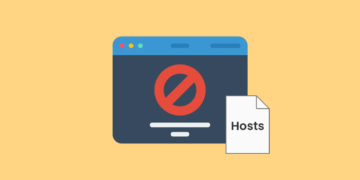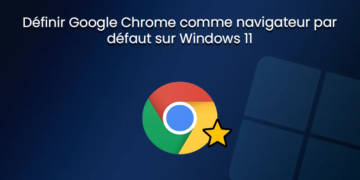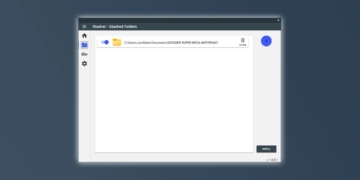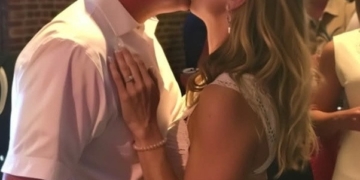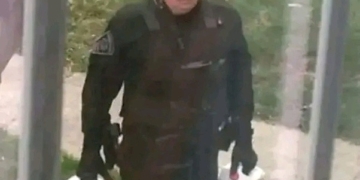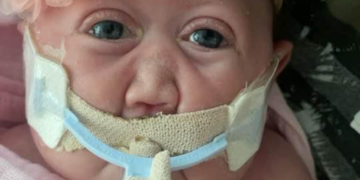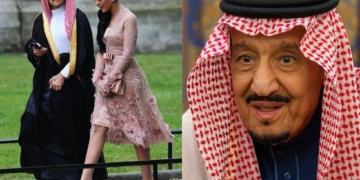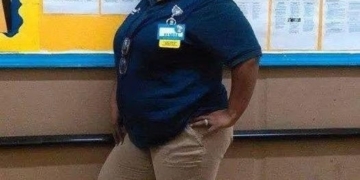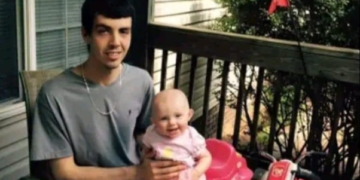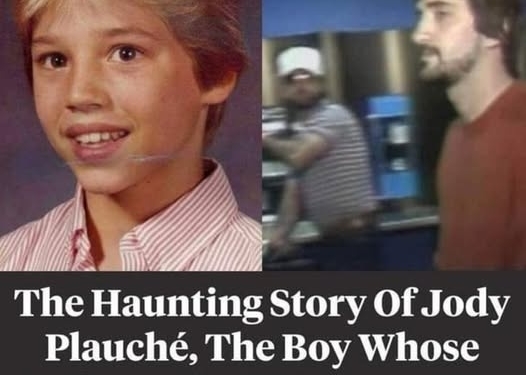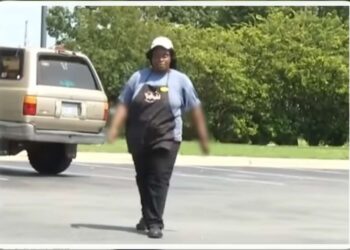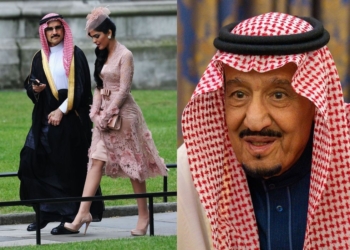In 1984, a tragic and horrific story unfolded that forever changed the lives of a young boy, his family, and even an entire community. Jody Plauché was just 11 years old when he was kidnapped by his karate teacher, Jeff Doucet, in February of that year. Jody’s father, Gary Plauché, was a protective and loving parent, often telling those around him, « If anybody ever touches my kid, I’ll **** him. » Those words, though chilling, proved to be more than just talk when the unimaginable happened.
Jody was taken from his Baton Rouge home by Doucet, a trusted figure in his life. He was held captive in a hotel room in California, where he endured days of torment and abuse at the hands of his captor. Doucet, who was supposed to be a mentor and a role model, had instead turned into the worst kind of predator. The abuse Jody suffered during those days is unimaginable, and his fear and pain were profound.
But despite the horror of the situation, there was a glimmer of hope. Authorities managed to track down Jody and his abductor, rescuing the young boy and returning him safely to his father. Gary was relieved to have his son back, but his sense of justice was far from fulfilled. Jody’s recovery, although a momentous relief, was only the beginning of a much larger and darker chapter.
For Gary Plauché, the man who had abducted his son and caused unimaginable harm to his family did not deserve to face a trial, a legal system, or any form of justice that seemed too slow for the pain he had caused. Gary had already made up his mind about what needed to be done, and he was determined to act on his feelings of rage and betrayal. The law was no longer enough for him, and he believed Doucet deserved a far harsher form of justice than the courts could deliver.
On March 16, 1984, in a public moment that would shock the world, Jeff Doucet was being walked through the Baton Rouge Metropolitan Airport, escorted by law enforcement officers. He was on his way to be handed over to Louisiana authorities, where he would eventually face charges for his actions. But Gary Plauché, who had been carefully observing the situation from a distance, was ready. Hiding behind sunglasses and a baseball cap, he stepped forward in a moment that forever altered the lives of those involved.
With the eyes of local news cameras trained on the scene, Gary approached Doucet. In an instant, he pulled out a gun and shot Jeff Doucet at point-blank range, striking him in the head. The entire act was caught on camera, and the moment became a defining image of raw, unfiltered emotion. Gary’s decision to take justice into his own hands was immediate and irreversible.
The shooting shocked the nation, with many people divided over how to view Gary’s actions. Some viewed him as a hero, a father who had done what many believed was right in the face of unimaginable pain. Others saw him as a vigilante, a man who had taken justice into his own hands with fatal consequences. What was clear, however, was that the aftermath of Doucet’s actions had left deep scars, not only on Jody and his family but on a larger scale as well.
Gary Plauché’s choice to kill Jeff Doucet in front of cameras would remain a haunting and controversial moment in history. It’s a moment that raises difficult questions about justice, the limits of parental protection, and the consequences of taking the law into your own hands. Gary’s actions were driven by grief, anger, and a desire for revenge, emotions that are incredibly difficult to contain when a parent’s worst nightmare has been realized.
What is often overlooked is the lasting impact on Jody, who was forced to confront the horrifying events that transpired in those moments. Jody, who had suffered such immense trauma, would later have to process not only the abuse he had endured but also the public and violent end to his abuser’s life. This trauma, compounded by the emotional aftermath, would be something Jody would carry with him for the rest of his life.
As for Gary Plauché, his decision to take Doucet’s life would lead to legal consequences of its own. While he was never convicted of murder, the case raised uncomfortable questions about the role of vigilantism in the justice system. Was it right for a parent to take the law into his own hands when the legal system seemed insufficient? Was Gary’s act one of love and desperation or an irreversible act of violence?
Gary later expressed regret for the violent act he committed, though he maintained that he did what he felt was necessary to protect his son’s dignity and his family’s honor. While some in the community sympathized with Gary’s loss and his desire for retribution, others believed that no matter how justified his anger might have seemed, the law should have been allowed to take its course.
Jody’s life, though tragically scarred by the events of that year, has continued as a testament to resilience. He would go on to speak publicly about his experience, the pain he endured, and the complex emotions surrounding his father’s actions. While no one can fully understand the depths of what Jody and his family went through, their story is a reminder of how fragile life can be and how the love of a parent can drive them to make decisions they believe are necessary, no matter the cost.
The events of 1984 in Baton Rouge remain a powerful reminder of the lengths a parent will go to protect their child, and the complex intersection of law, justice, and emotion. It is a story that still resonates in the hearts of many today, leaving us all to reflect on the price of vengeance, the meaning of justice, and the enduring bonds of family.

